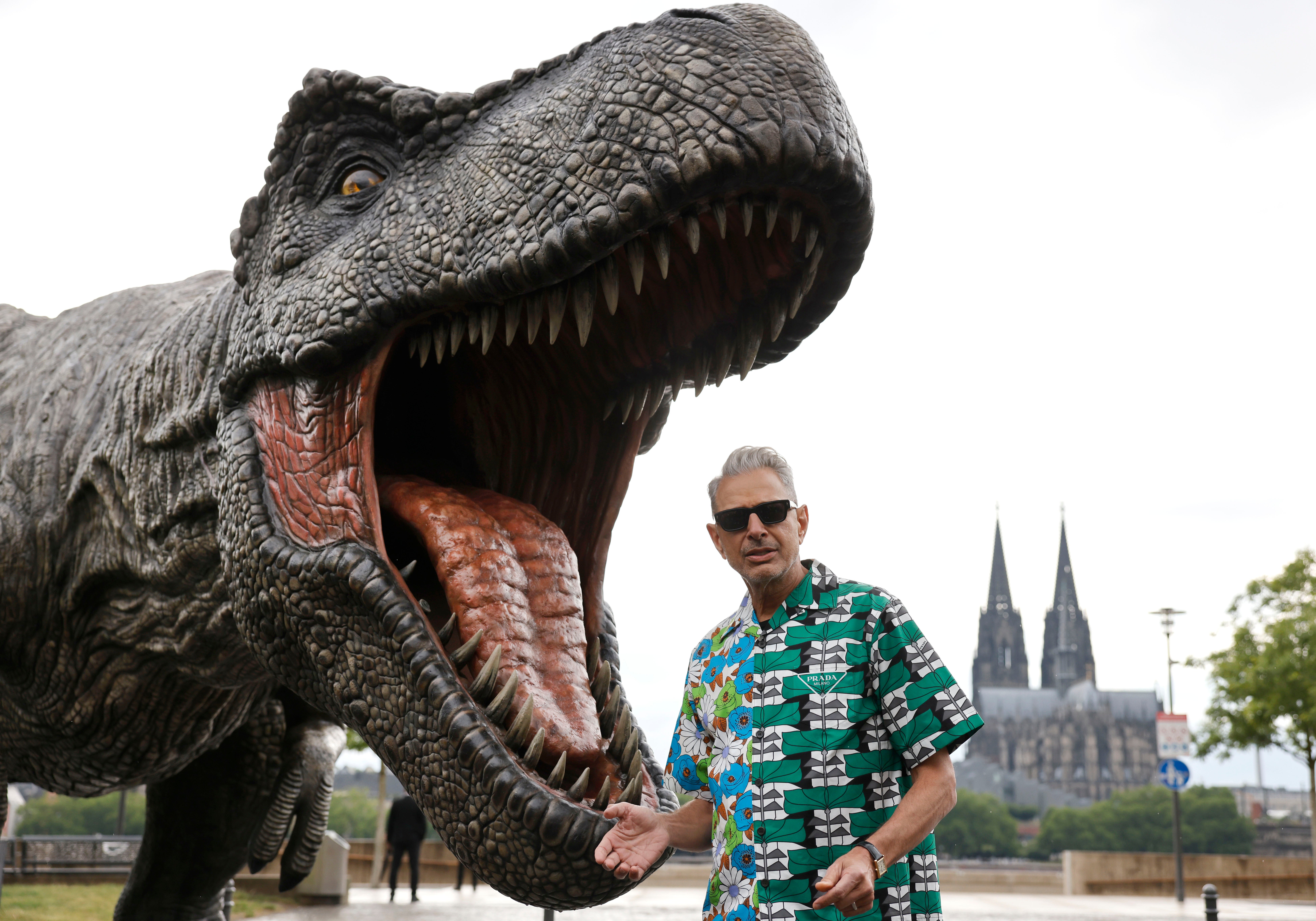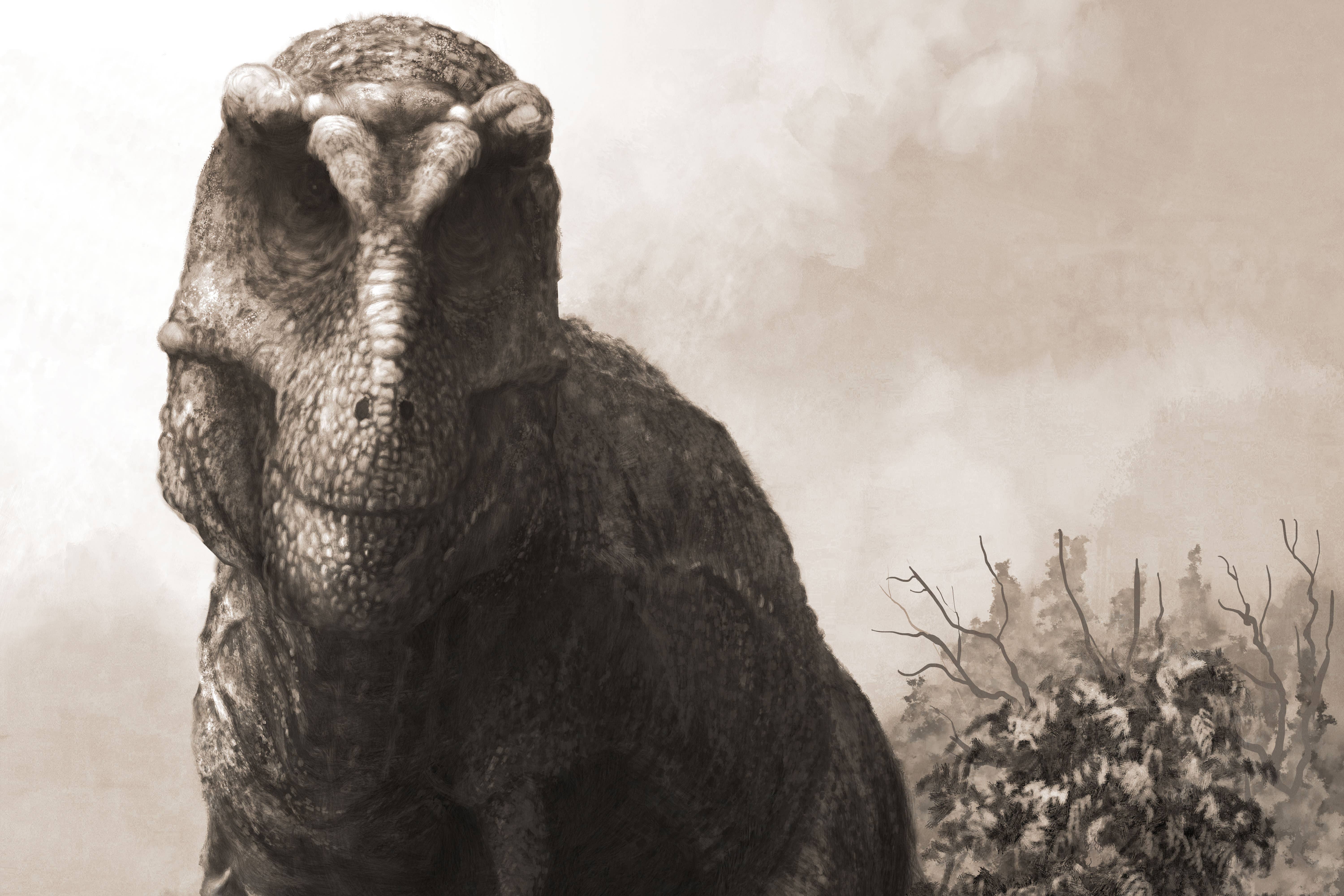What Jurassic Park got wrong: Study finds the T. rex was much bigger than we first thought
The larget T. rex weighed as estimated 15 tonnes instead of 8.8 tonnes

Your support helps us to tell the story
From reproductive rights to climate change to Big Tech, The Independent is on the ground when the story is developing. Whether it's investigating the financials of Elon Musk's pro-Trump PAC or producing our latest documentary, 'The A Word', which shines a light on the American women fighting for reproductive rights, we know how important it is to parse out the facts from the messaging.
At such a critical moment in US history, we need reporters on the ground. Your donation allows us to keep sending journalists to speak to both sides of the story.
The Independent is trusted by Americans across the entire political spectrum. And unlike many other quality news outlets, we choose not to lock Americans out of our reporting and analysis with paywalls. We believe quality journalism should be available to everyone, paid for by those who can afford it.
Your support makes all the difference.The king of the dinosaurs might have been 70% heavier than previously thought and even 25% longer, new research has suggested.
The largest T. rex that could have existed may have been significantly larger than the current largest-known specimen, weighing in at an estimated 15 tonnes instead of 8.8 tonnes, and measuring at 15 metres instead of 12 metres, according to the study.
Many of the largest dinosaurs in various groups are known from a single good fossil specimen.
Therefore it is impossible to know if that one animal was a big or small example of the species.
Researchers suggest that arguing over which dinosaur was the biggest, based on a handful of fossils, is not very meaningful.
In the new study, Dr Jordan Mallon of the Canadian Museum of Nature in Ottawa, Canada and Dr David Hone of Queen Mary University of London, used computer modelling to assess a population of T. rex.
They took into consideration factors such as population size, growth rate, lifespan, and the incompleteness of the fossil record.

Dr Mallon said: “Our study suggests that, for big fossil animals like T. rex, we really have no idea from the fossil record about the absolute sizes they might have reached.
“It’s fun to think about a 15 tonne T. rex, but the implications are also interesting from a biomechanical or ecological perspective.”
Dr Hone said: “It’s important to stress that this isn’t really about T. rex, which is the basis of our study, but this issue would apply to all dinosaurs, and lots of other fossil species.
“Arguing about ‘which is the biggest?’ based on a handful of skeletons really isn’t very meaningful.”
T. rex was chosen for the model because many of its details are already well estimated.
The model is based on examples of living alligators, chosen for their large size and close kinship with the dinosaurs.
The researchers found that the largest known T. rex fossils probably fall in the 99th percentile, representing the top 1% of body size. The findings are published in the journal Ecology and Evolution.
However, they suggest that in order to find an animal in the top 99.99% (a one-in-ten-thousand T.rex) scientists would need to excavate fossils at the current rate for another 1,000 years.
The size estimates are based on the model, but the discovery of giants of modern species suggest there must have been larger dinosaurs out there that have not yet been found.
“Some isolated bones and pieces certainly hint at still larger individuals than for which we currently have skeletons,” Dr Hone said.